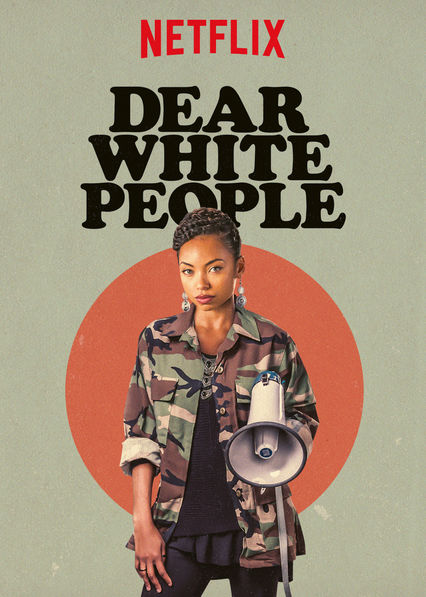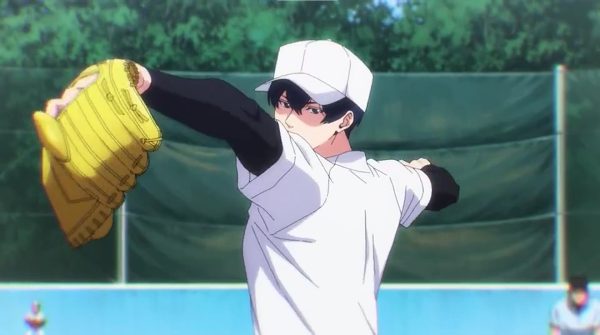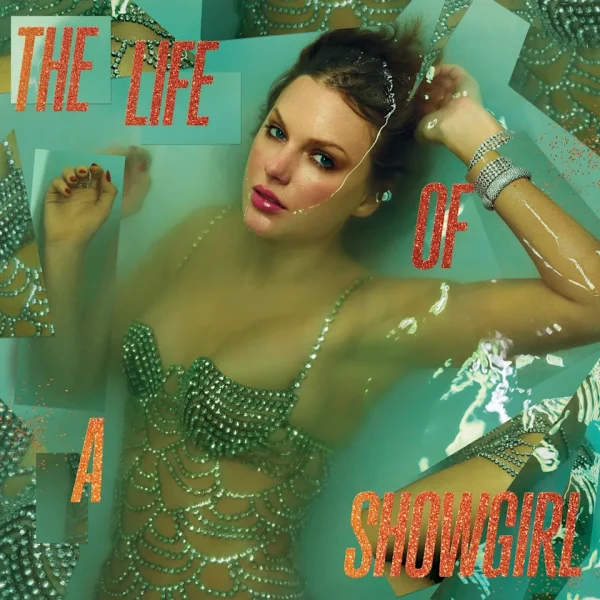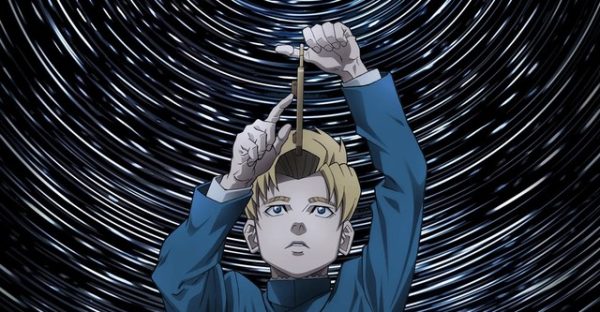Dear white people: watch this show

The satirical, comedy-drama Netflix original series “Dear White People” depicts real issues facing college campuses today.
Racism, sexism and sexuality are just some of the topics this show touches upon. Contrary to popular belief, the show is not about white people, but people of color and their struggle for equality.
The first season was released on April 8 and had people hooked right away. In the first episode, activist and radio show host of “Dear White People,” Samantha White (Logan Browning), brings up the racial prejudice she faces on campus and highlights the social injustice in response to a blackface party held by a white fraternity on campus.
The series, is a sequel to the movie of the same name, follows a group of students of color at a majority white Ivy League school, Winchester University and shows their struggle with being treated equally and the awareness their struggle raises. Watching the movie could fill in some gaps, it’s not necessary to watch it.
It shows problems that people of color face on a daily basis, such as police brutality and the racist “blackface” trend. Black activism in all different forms is present throughout.
With an approval rating of 100 percent on rotten tomatoes, the show “Dear White People” is one of three Netflix originals, along with “Master of None” and “Mystery Science Theatre 3000” to gain a perfect score. But, it still caused some controversy when it was first released, with people accusing it of being racist to white people, with some even calling to boycott Netflix.
The first four episodes pick up where the film left off and develop the plot from there, moving it to Winchester University and constructing a completely different racial climate, following the blackface party that ended the film.
Using each episode to tell each main character’s story helps show the different angles and how everyone is impacted differently, but can also be confusing in some aspects. Each character represents their own point of view and ideologies of activism, with Samantha vying for protests, while Troy leans towards working with the school.
Episodes four to six were probably the best developed episodes, with each showing big problems in the world today. The only problem with the show is that it caters towards young white people, when it should be for others.
Overall, the show is well worth the watch and the perfect show to watch if you are looking for something to both raise awareness and make you laugh at the same time.
Your donation will support the student journalists of Hagerty High School. We are an ad-free publication, and your contribution helps us publish six issues of the BluePrint and cover our annual website hosting costs. Thank you so much!






